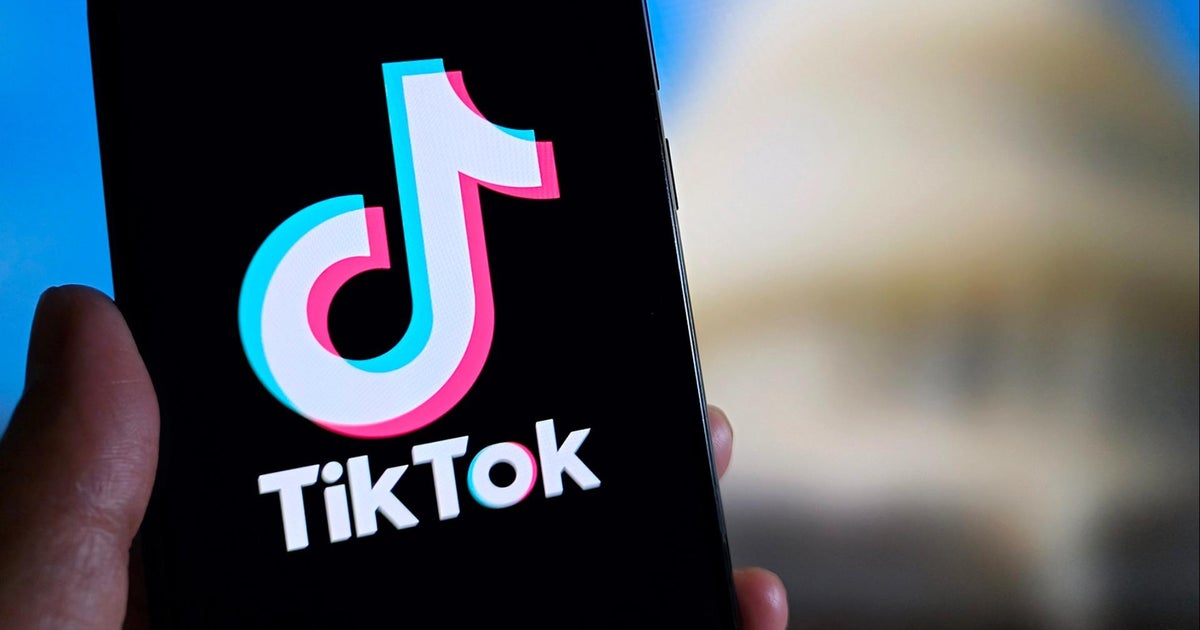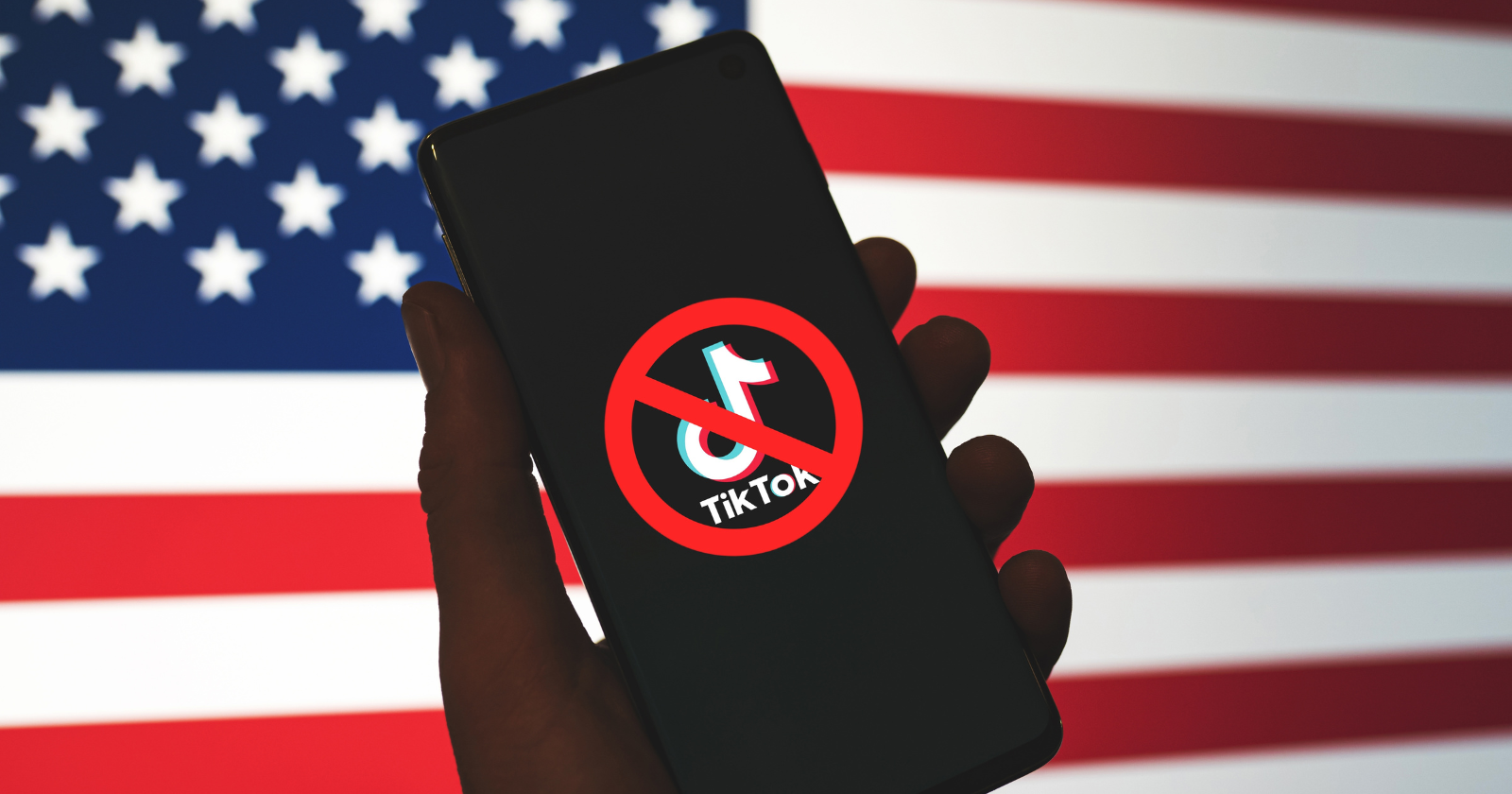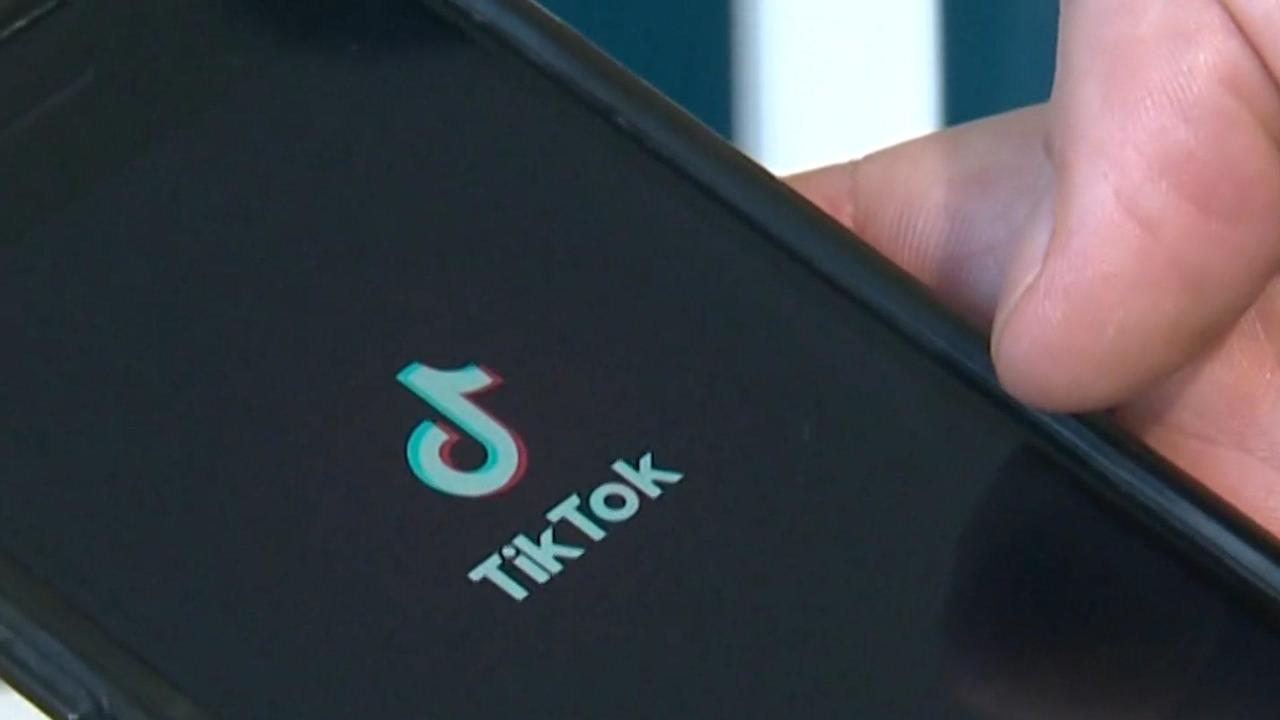A new law signed by President Joe Biden, which could lead to a ban on TikTok next year, is unconstitutional and should be overturned, the social media platform argued in new legal filings on Thursday. The law, signed in April, mandates ByteDance, TikTok’s Chinese parent company, to divest the business or face a ban within the U.S.

TikTok’s Legal Rebuttal
TikTok, owned by ByteDance, contends that this potential ban represents a “radical departure” from the U.S.’s longstanding support for an open internet, setting a “dangerous precedent.” The company argues that the law unfairly singles it out without providing substantial justification for the drastic measure. In the legal briefs filed on behalf of TikTok and its users, the company emphasizes that the law does not align with constitutional principles.
The central argument from TikTok is that the law infringes on constitutional rights by targeting a specific platform without proper justification. “Never before has Congress expressly singled out and shut down a specific speech forum,” TikTok stated in one of its briefs. The company argues that such action, which silences a significant amount of speech in a single act, is unprecedented and unconstitutional. TikTok asserts, “The Constitution does not allow Congress to single out one speech platform, make no findings, announce no justifications, ignore less restrictive alternatives, and discriminate based on speaker and content.”
Implications for Free Speech
The law’s impact extends beyond corporate interests to fundamental rights. TikTok users and content creators argue that the ban would violate their right to free speech and limit their ability to choose their platform for expression. This aspect of the case highlights the broader implications of the law on individual freedoms and the principles of an open internet.
TikTok’s legal team contends that the law does not just threaten the company’s business operations but also the democratic values underpinning freedom of expression. By potentially banning the app, the law could set a precedent for government control over digital platforms, influencing how users interact and express themselves online. This move could create a ripple effect, prompting concerns about digital censorship and the future of free speech in the U.S.
Future of TikTok in the U.S.
The law gives ByteDance nine months to arrange a sale of TikTok, with a potential three-month grace period extension. Without a successful divestment, the law would lead to an effective ban of the app in the U.S., removing a popular social media platform from millions of American users.
The outcome of this legal battle will have significant implications for TikTok’s future in the U.S. and the broader landscape of internet governance and digital rights. As the case unfolds, it will test the balance between national security concerns and the preservation of constitutional rights in the digital age. The decision will not only determine TikTok’s fate but also set a precedent for how governments can regulate and control digital platforms.

The controversy surrounding the potential TikTok ban underscores the complexities of navigating national security, corporate interests, and individual rights in an increasingly digital world. As the court deliberates, stakeholders from various sectors will be watching closely, aware that the implications of this case could extend far beyond a single app.
